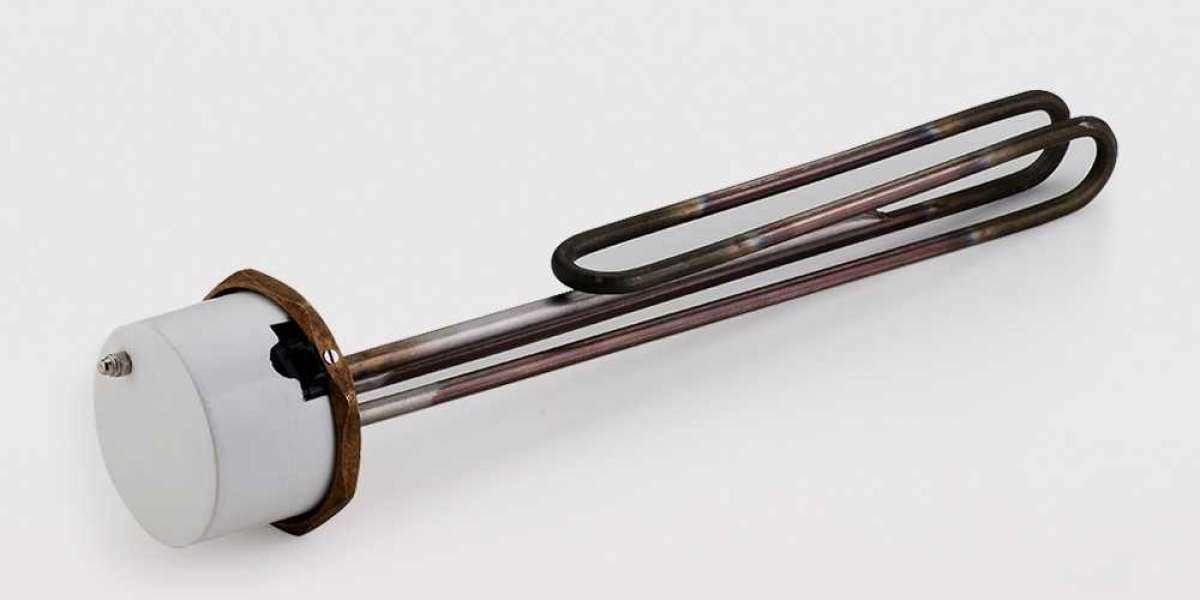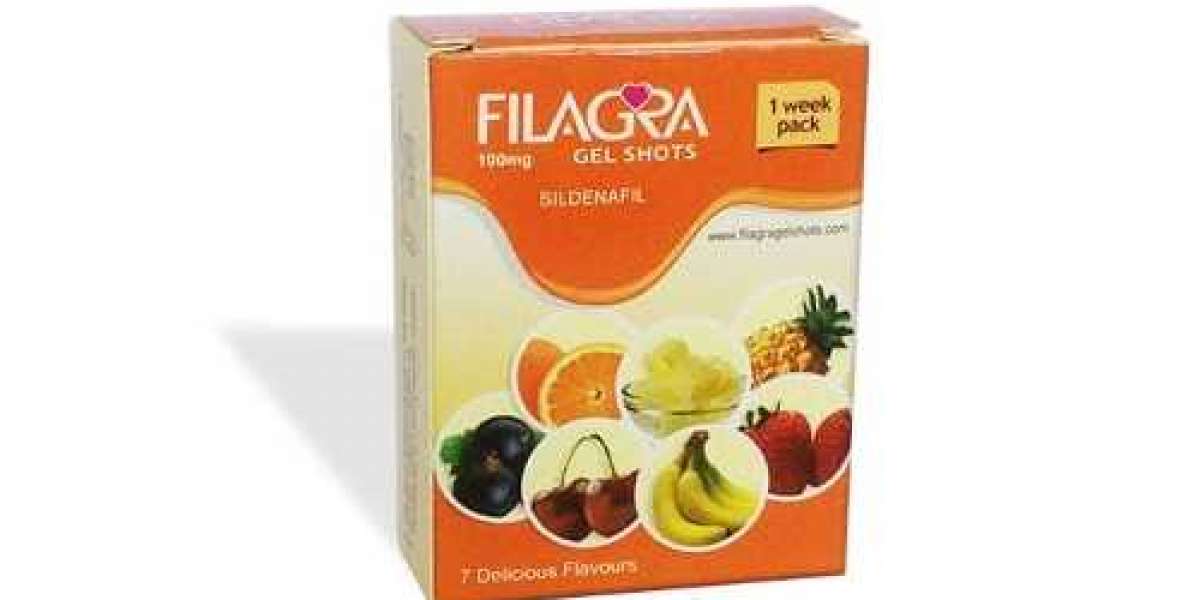Immersion heaters operate with electricity and allow remarkable performance. It can easily heat different fluids like gases and liquids. However, this guide sheds light on the types, benefits, and uses of immersion heaters.
Types of Immersion Heaters
Flanged Immersion Heaters:
Design: These industrial heaters have tubular elements mounted on a flange, which is then attached to the side of a tank or vessel.
Applications: It is suitable for larger industrial tanks and processes requiring higher power outputs.
Materials: Flanges and sheath materials can be chosen based on the specific environmental conditions and fluid properties.
Screw Plug Immersion Heaters:
Design: Compact heaters with a threaded plug for easy installation into tanks or containers.
Applications: It is suitable for small-scale heating applications, like laboratory equipment or small tanks. Immersion heaters are relatively easy to install, especially screw plug and flange types that can be conveniently mounted on tanks or vessels.
Inline Immersion Heaters:
Design: Installed directly in the fluid flow path, promoting efficient heat transfer.
Applications: These types of immersion heaters are ideal for inline heating of liquids in pipelines and industrial processes requiring consistent temperature control.
Configurations: Can be designed as single or multiple tubular elements depending on the heating requirements.
Circulation Heaters:
Design: This heater consists of a pump and inline heating element. It improves the efficiency of circulating fluid in the heater.
Application: They are effective for heating liquids and gasses.
Temperature Control: It provides precise temperature control due to the continuous flow of fluid.
What are the Benefits of this Equipment?
- Efficiency: Direct immersion ensures efficient heat transfer without the need for additional mechanisms.
- Versatility: Available in various types and materials. You can use it for different applications.
- Easy Installation and Maintenance: Screw plug and flanged heaters are easy to install and replace.
- Precise Temperature Control: Immersion heaters Enable precise control over the temperature of the heated substance. Hence, it ensures consistency.
- Space Efficiency: Compact design allows for strategic placement within a tank or vessel. It maximizes space utilization.
- Cost-Effective: Generally cost-effective solutions providing reliable heating without complex infrastructure.
In Conclusion
Immersion heaters are very effective in heating fluid without any hassle. However, it would be best for an individual to get industrial heaters from the best supplier, like Theeta, to get the highest performance from heating elements.



